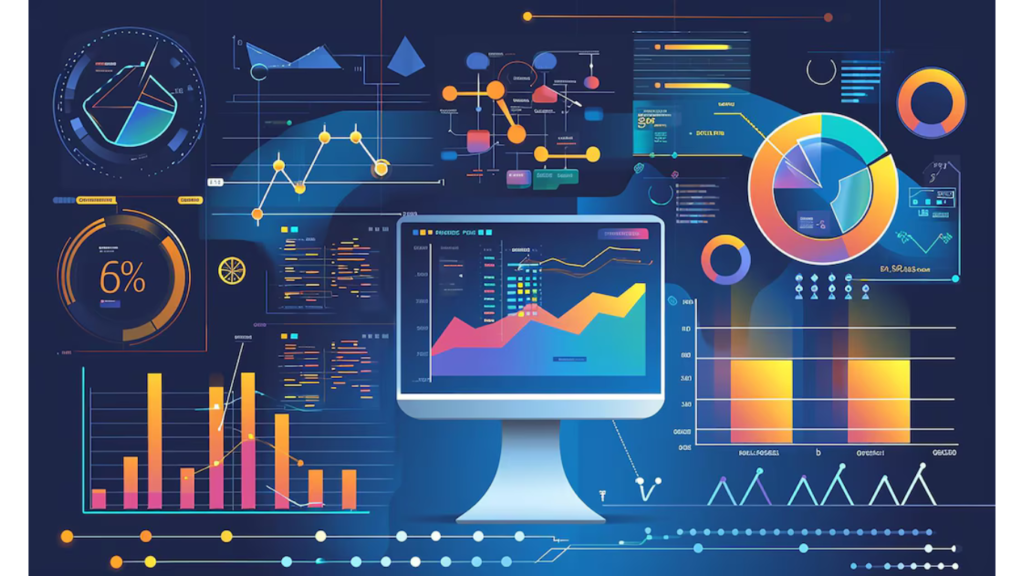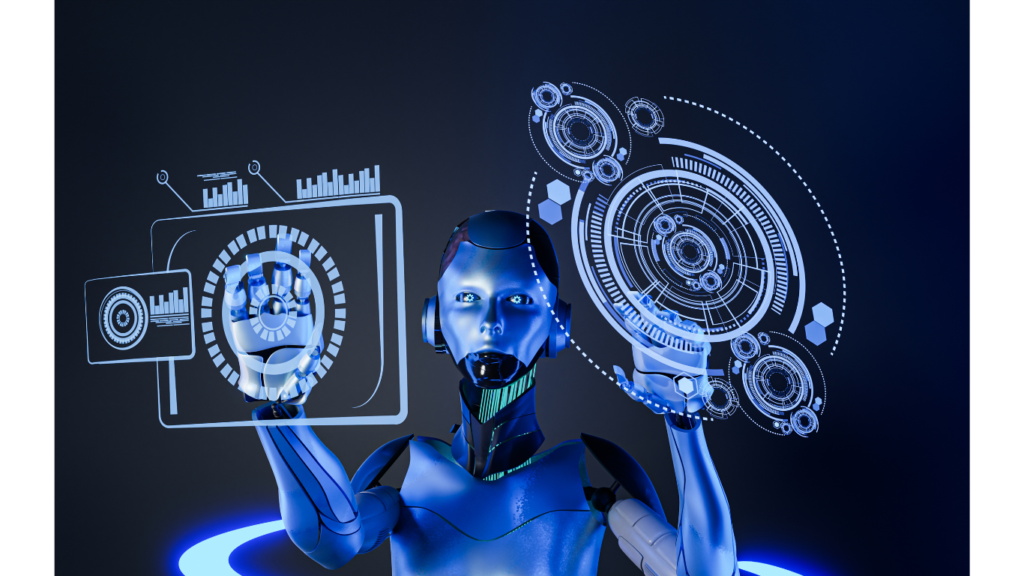The global business landscape has undergone a seismic shift in recent years, largely driven by the rapid evolution and integration of digital technology. This revolution involves more than just adopting new tools or platforms; it’s fundamentally changing how companies operate. The impetus for this change is clear: digital technology solutions offer unprecedented opportunities to streamline operations, enhance product and service offerings, and open up new channels for customer interaction.
Of course, the path to digital transformation is not free of challenges. Organisations must manage the complexities of integrating new technologies into their existing operations while ensuring they do not disrupt their core business. There’s also the critical task of building a digital culture that embraces change and innovation. Despite these hurdles, however, the potential benefits of digitalisation are too significant to ignore. The improved operational efficiency, better customer insights, and increased agility modern businesses stand to gain will empower them to thrive in an increasingly digital world.
This article aims to look into several key digital technology domains that are pivotal in driving organisational transformation. By understanding the role and impact of these technologies, businesses can better navigate the digital landscape and harness the full potential of their digital transformation efforts.
Cybersecurity
Now that digital assets have become just as valuable—if not more—than physical ones, it’s impossible to overstate the importance of cybersecurity. Protecting sensitive data, intellectual property and customer information is a must for maintaining trust and operational integrity. What makes this challenging is that businesses’ increasing reliance on digital platforms for their day-to-day operations widens the potential attack surface for cyber threats. This reality necessitates investment in more robust security measures to guard against data breaches, ransomware attacks, and other cybercrimes.

The landscape of cybersecurity is perpetually evolving, with attackers constantly devising new methods to exploit vulnerabilities. In response, businesses must adopt a proactive and dynamic approach to security. This involves regular risk assessments and the implementation of comprehensive security protocols. Equally important is the active effort to foster a security-aware culture among employees. Investing in advanced security technologies such as encryption, multi-factor authentication and threat detection systems, alongside regular staff training, can significantly mitigate the risk of cyberattacks.
Data Science and Analytics
The ability to harness and interpret vast amounts of data is a game-changer for businesses seeking to gain a competitive edge in modern markets. Data science and analytics unlock insights that can drive strategic decision-making and optimise operational efficiency. Companies can leverage data to identify trends and predict market shifts. On the customer-facing end, they also gain the ability to tailor their offerings in line with the precise needs of their target audience, which is a surefire way to encourage customer loyalty and drive growth.
However, realising the full potential of data science and analytics requires more than just technology; it demands a strategic approach to data management and analysis. Businesses need to make sure that they have the infrastructure and skills in place to collect, store, and analyse data effectively. This means investing in the right tools and platforms, such as big data processing systems and advanced analytics software, and building a team of skilled data scientists and analysts who can extract meaningful insights from complex data sets.
Artificial Intelligence and Machine Learning
Artificial intelligence (AI) and machine learning (ML) are premier examples of modern technologies that stand to reshape modern business operations entirely. These innovations empower companies to automate complex processes, enhance customer experiences, and uncover deep insights into market trends. AI, with its capability to analyse large datasets, can identify patterns and make predictions at a speed and accuracy far beyond human capabilities. ML, a subset of AI, enables systems to learn and improve from experience without being explicitly programmed. ML is thus particularly invaluable for tasks such as fraud detection and predictive maintenance, among others.

The implementation of AI and ML within an organisation’s operations can substantially enhance efficiency and decision-making. For instance, having AI-powered chatbots handle simple customer inquiries 24/7 frees up human resources for more complex issues. Similarly, ML algorithms can analyse customer data to predict buying behaviours, which helps businesses tailor their marketing strategies effectively.
Cloud and Data Management
The shift towards cloud computing marks a critical pivot in the way organisations manage and process data. Cloud platforms offer flexible, cost-efficient solutions for storing and accessing data, as well as a suite of tools and services that can drive innovation. The ability to rapidly deploy and scale applications without the need for significant upfront investment in physical infrastructure is particularly helpful for small to medium-sized enterprises looking to compete in the digital age.
Moreover, cloud services make company data more accessible and facilitate easier collaboration, so teams can work together seamlessly regardless of their physical location. Data management in the cloud also offers advantages in terms of security and compliance, as reputable cloud providers invest heavily in securing their infrastructure and adhering to global data protection standards.
Advanced Connectivity
The advent of advanced connectivity, spearheaded by technologies such as 5G and the internet of things (IoT), is set to further transform organisational capabilities. 5G networks promise higher speeds, lower latency, and greater stability. IoT, on the other hand, extends connectivity beyond traditional computing devices to include everyday objects such as home appliances and vehicles. These technologies thus unlock new and unprecedented ways for businesses to collect and exchange data.
This new era of connectivity allows organisations to harness real-time insights for their operations and even develop new business models centred around smart technologies. For example, manufacturers can use IoT sensors to monitor equipment health in real-time, which enables them to predict failures before they occur and reduce downtime. Similarly, retailers can leverage 5G technology to offer immersive shopping experiences through augmented reality. To fully capitalise on these technologies, organisations must ensure they have the infrastructure and skills to manage and analyse the vast amounts of data generated, as well as address potential security vulnerabilities that the increased number of connected devices naturally introduces.
The journey towards digital transformation is a testament to the resilience and forward-thinking mindset that define today’s business leaders. In embracing the challenges and opportunities presented by digital technology, organisations are not just adapting; they’re setting the stage for a future where innovation and agility are the keys to enduring success.
Blog Received on mail






